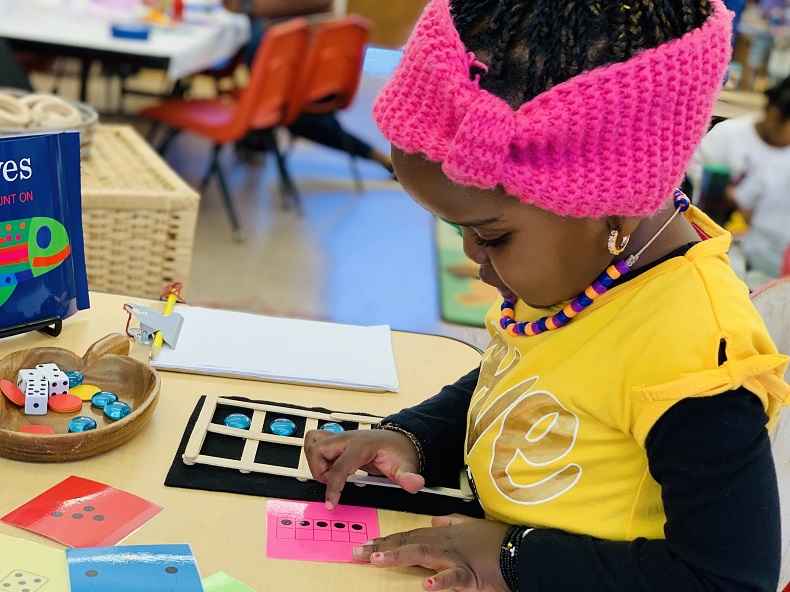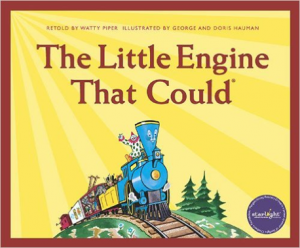Fostering a Growth Mindset
Thanks to Stanford professor Carol Dweck’s influential research, we have a better understanding of how children’s beliefs about learning can influence their learning behaviors. If a child believes that their intelligence or math ability is fixed and cannot be changed—they endorse a fixed mindset. But if they believe that through effort and hard work they can improve their intelligence and math ability, they endorse a growth mindset. Each type of mindset affects not only students’ motivation to learn, but also their success and achievement in school. In particular, Dweck and her colleague’s research has shown that a growth mindset about learning mathematics has been positively associated with higher achievement in mathematics.




